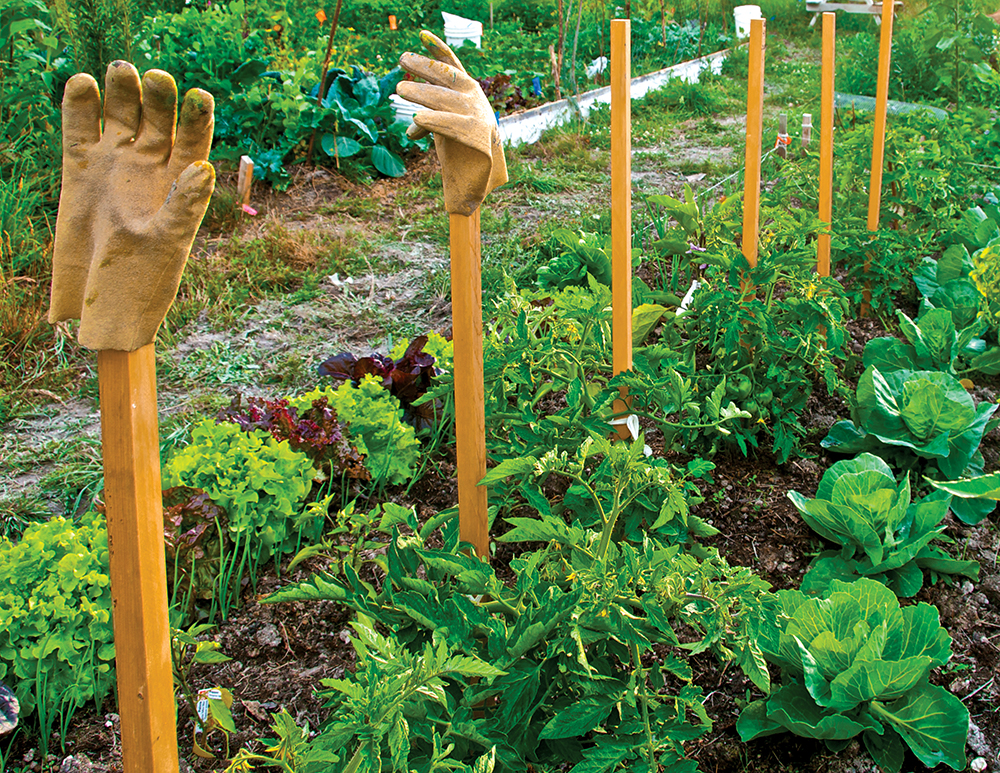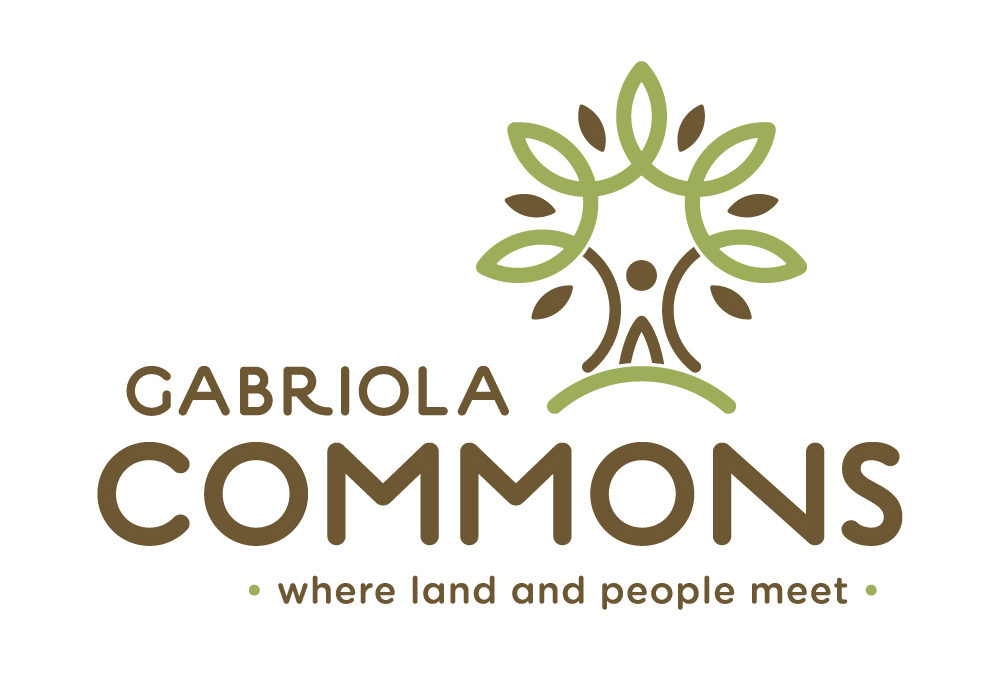
Photo courtesy Bill Pope.
Heather Menzies
Gabriola Commons
When someone comes to the Gabriola Commons to participate in an event, they are starting to become a Commoner. If they stay to help clean up, they’ve gone one step further. They’re entering a relationship of caring for this common ground that extends beyond the clocked time of the event itself, into the ecological time of sustainability.
It’s by these small acts of implicated engagement and shared responsibility that the commons is created and co-created day by day, season by season, year by year. Because, while the visible parts of the Commons – the Farmhouse and Timberframe, the reservoir stage, the orchard and gardens – get a lot of attention, and deservedly so, it’s through the less visible stuff of respectful relationships that the Commons exists. And on which it also depends.
There are multiple ways through which people can extend those initial moments of engagement into more sustained commitment. One is by showing up at a Saturday morning work bee, and joining one of the teams that are most actively engaged in the material end of the Commons’ three pillars: the ecological, agricultural, plus the social and cultural. The Trails and Green Spaces team stewards and cares for the forest, fens and open fields, and the paths and boardwalk connecting them. The Farm team looks after the orchard, the little field and the kitchen garden, while affiliated teams/groups share responsibility for the allotment gardens. And the Property Stewardship team cares for the various buildings and related infrastructure of the Commons, making repairs and adjustments as necessary to respond to needs as they emerge, from within the Commons and from the larger community bringing activities and events to the Commons.
All Commons teams are self-governing, a working group of peers, and open to anyone who wants to show up, or send an email through the Commons’ website.
Another set of teams care for and steward the Commons through the nuts and bolts stuff of administration. These are the Finance team, the Grant Writing team and the Trustees. Other teams engage with the larger Gabriola community. One of these is the Bookings team, which helps people rent rooms in the Farmhouse and time in the Community kitchen, which the Kitchen Stewards maintain. The Share the Commons team acts as the entry point for people bringing new ideas for community projects to the Commons – such as the Tool Library — or wanting to help move forward on existing plans– such as transforming the Goat Barn into a performing arts space and cultural centre for the community. There’s also a Process Team, a Learning Opportunities Team and Communications team, while an Events team organizes public celebrations like the Fall Fair, and a Newcomers’ team helps people to get involved and familiarize themselves with things like the Commons’ decision-making process.
The monthly coordinating councils are another entry point for people interested in becoming more engaged in the Commons. It’s here that Commons’ decision making is coordinated among all the teams that are the Commons. Teams report on what they’re doing and share plans for any larger undertakings that might impact other teams and the Commons in general, with its long-term ecological perspective on time. At the next monthly meeting, those concerns are heard and, through good listening for consensus, decisions are made.
This might take a little longer than people accustomed to “get to the point” quick decision making are ready for at first. But the larger “point” of the Commons is to sustain the community’s shared relationship with, plus responsibility to, this shared common land “for the long haul,” as Robin Kimmerer put it when defining what “being Indigenous to place” means to her. It takes time for everyone to think through this inter-related, inter-generational responsibility. As people grasp and understand this, however, they often find the patience that deep listening, and sustained commitment, requires.
The Commons needs more people willing to commit that kind of time, to learn what it means to be a commoner in the 21st. Century and to practise what social and ecological sustainability means. Most Commons teams are down to only two or three people, and for the Commons to flourish, they need at least double that number.
Visit the website; come to a Saturday morning work bee, or a commons council meeting (first Tuesday of the month, at 7 p.m. in the Farmhouse)
Heather Menzies is a member of three Commons teams, and the author of the award-winning Reclaiming the Commons for the Common Good.
This is the second part of a two-part series written by Menzies. Click here to read part 1.





Recent Comments